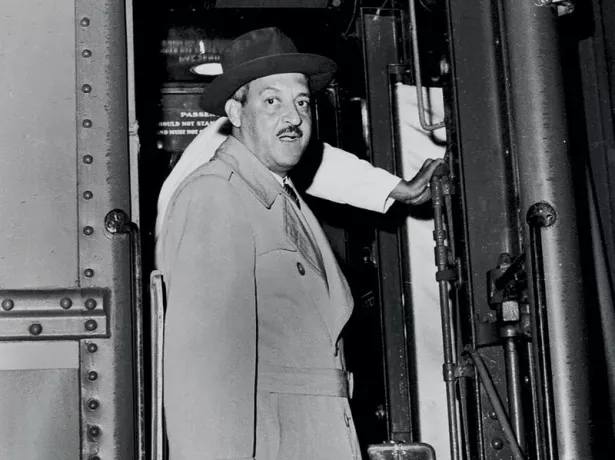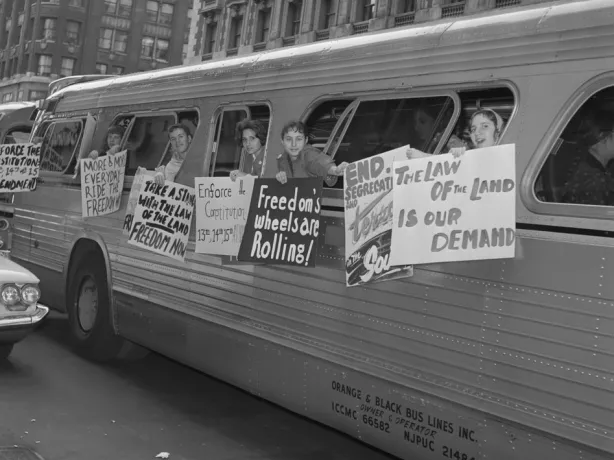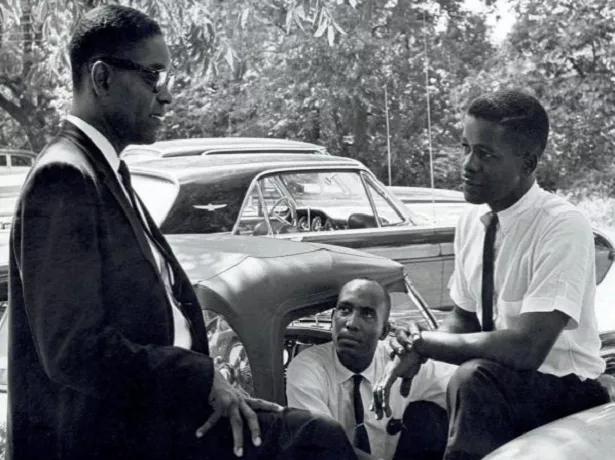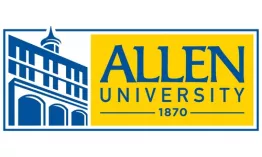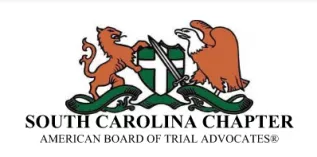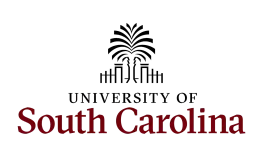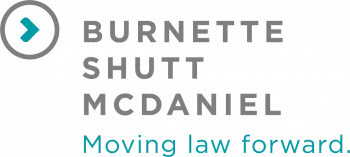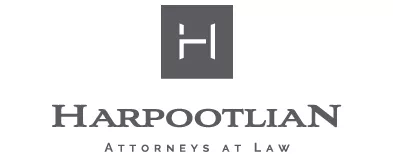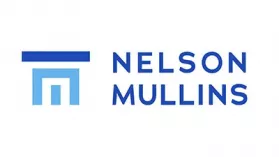Reconstruction's Legacy
The History and Contemporary Significance
of the 14th Amendment
The 14th Amendment, enacted in 1868, was designed to secure the freedom of former enslaved Africans and African Americans by guaranteeing them the basic rights of citizenship and insuring equality before the law. It was the cornerstone of Reconstruction, became the foundation for the Civil Rights Movement, and has been central to the expansion of full constitutional rights and protection for all American citizens.
In commemoration of the 150th anniversary of the 14th Amendment, this two-day symposium will bring leading legal scholars and historians together to discuss the Amendment's relevance in today's world.
Welcome and Keynote
Thursday, April 19 | 6 – 8 p.m. | Chappelle Auditorium at Allen University
The symposium will open on Thursday evening, April 19, at Allen University’s Chappelle Auditorium with a keynote address by Randall Kennedy on the history of the 14th Amendment.
Dr. Randall Kennedy, the Michael R. Klein Professor at Harvard Law School, is a prominent legal scholar, who clerked for Supreme Court Justice Thurgood Marshall. Dr. Kennedy’s father and uncle, residents of the Waverly Neighborhood, were often in the audience when Marshall spoke at Chappelle, making this a fitting homecoming.
Historic Columbia and the University of South Carolina’s History Center will commemorate the 150th anniversary of the 14th Amendment with a public symposium on Thursday, April 19 and Friday, April 20. Leading legal scholars and historians will participate in the symposium, which will provide a public forum for discussing the Amendment’s relevance in today’s world and reflect on what it means to be a United States citizen.
Symposium
Friday, April 20 | 9 a.m. – 3 p.m. | South Carolina State Museum
After a continental breakfast and book signing from 9 - 10 a.m., the Friday morning panel "The 14th Amendment: From Reconstruction to the Civil Rights Act" will be moderated by Randall Kennedy. Participants include:
- Margaret Burnham, professor of law at Northeastern University and director of the Civil Rights Restorative Justice Program. Professor Burnham has written about the limits of the 1964 Civil Rights Act in securing the rights of the criminally accused and in protecting civil rights activists from state-sanctioned violence.
- Richard Gergel, U. S. District Judge Judge. Judge Gergel has written a biography of Judge J. Waties Waring, federal district court judge whose rulings expanded the application of the 14th amendment in key civil rights cases in South Carolina.
- Patricia Sullivan, Ph.D., professor of History at the University of South Carolina. Dr. Sullivan has written about Charles Houston and the uses of the 14th Amendment in organizing the legal challenge that culminated in Brown v. Board of Education and provided the foundation for the Civil Rights Movement.
- Michael Vorenberg, Ph.D., professor of History at Brown University. Dr.Vorenberg is a leading historian of the 14th Amendment.
During lunch at noon, David Levering Lewis will deliver a keynote address at lunch on W.E.B. Du Bois, reflecting on the 150th anniversary of Du Bois’s birth and the significance of Du Bois’s history in the decades-long struggle of African Americans to secure the guarantees of legal equality and citizenship.
The Friday afternoon panel "The Significance of the 14th Amendment to the Rights of American Citizens and Legal Equality" will be moderated by Blair L.M. Kelley, Ph.D. Participants include:
- Deb Ellis, founder and consultant, End the Pay Gap. Ms. Ellis is former adjunct professor focused on sex discrimination and the law at NYU School of Law, and has served as staff attorney at the ACLU Women's Rights Project and legal director at NOW Legal Defense and Education Fund.
- Nekki Shutt, partner, Burnette Shutt & McDaniel, Columbia, SC. Ms. Shutt is an attorney specializing in gender, sexuality, disability, race and the law. She has played an active role in the LGBT movement for civil rights.
- Lewis Steel, senior counsel, Outten & Golden LLP, New York, NY. Mr. Steel began his work as a civil rights lawyer in 1963 when he joined Robert L. Carter's legal team at the NAACP. He has worked on a broad range of cases involving discrimination in employment, education, housing, and criminal justice.
Join us on Friday afternoon for a walking tour of Civil Rights Sites on Main Street. Tour will be led by staff from ColumbiaSC63.
Download the symposium flyer.
Sign up today!
-
Keynote
The symposium opens on Thursday evening, April 19, at Allen University’s Chappelle Auditorium with a keynote by Randall Kennedy.
-
Symposium
The symposium continues with panels, a luncheon and walking tour on Friday, April 20 at the South Carolina State Museum.
Dr. Randall Kennedy Returns to Columbia
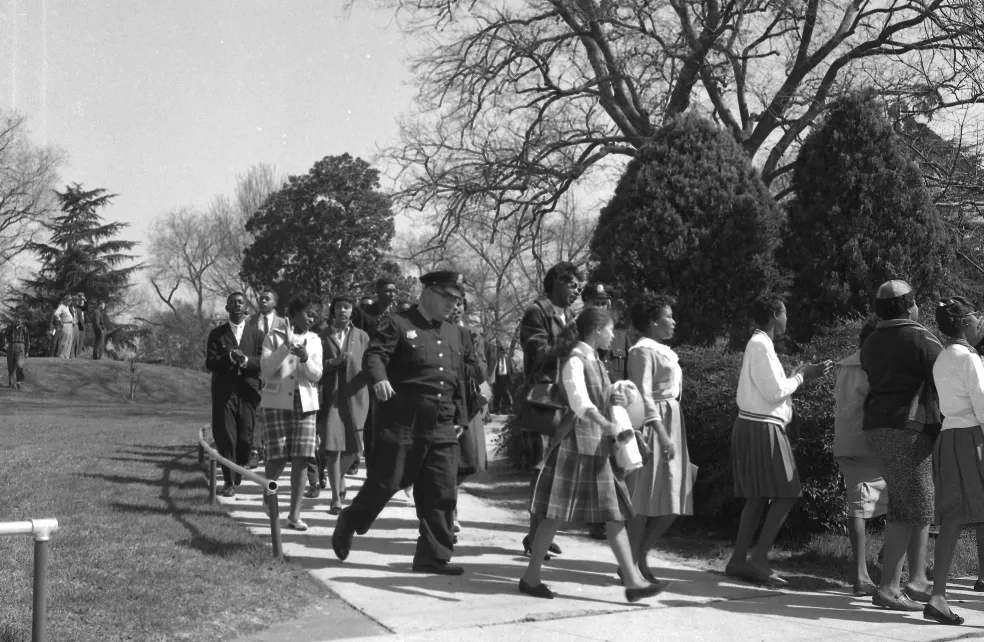
Reconstruction's Legacy
The Palmetto State’s historical connections to the 14th Amendment don’t often garner lots of attention. Harvard Law professor Randall Kennedy, a Columbia native who is one of the nation’s top experts on civil rights and civil liberties, plans to change that in his keynote address at the upcoming symposium presented...
